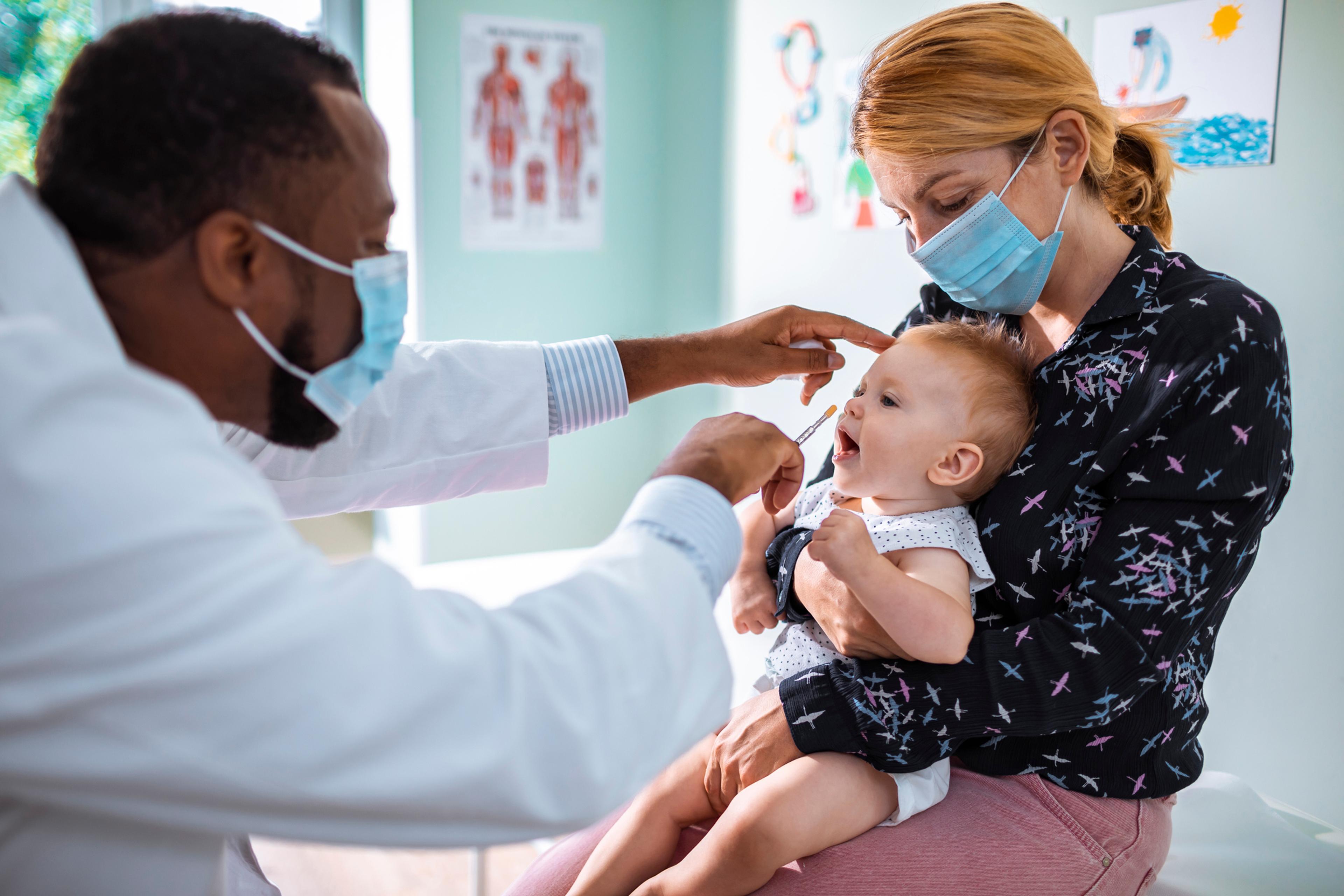
While medications can do a lot of good—they can save lives and alleviate pain—they also come with certain risks and potential dangers. When a child is the one taking the medicine, it is important you take precautions to ensure your child’s safety and good health. But it doesn’t have to be complicated or overwhelming. With that in mind, here are five important steps to follow when you give your child medicine:
- Know the condition. What are your child’s symptoms? Are they severe enough for a trip to the doctor and a possible prescription or will an over-the-counter medication help? Does the condition need medication at all? For example, if your child has a cold, there are a number of measures you can take to alleviate symptoms and help your child feel better, like saline nose drops, lots of rest, clear fluids or using a humidifier.
- Know the medication. What is its purpose? What are the active ingredients? What are common side effects and potential dangerous interactions? A good understanding of the medication will help you ensure that you’re using it safely and effectively. And depending on the child’s age, there are certain medications you should never give. Aspirin in particular can lead to a potentially life-threatening condition called Reye’s Syndrome, which causes symptoms like nausea and extreme fatigue. Because many common pain relievers contain aspirin, always check (and double-check) the active ingredients. When in doubt, consult your pharmacist or doctor.
- Know the instructions. The big factors when taking a medicine are how much, how often and for how long. Dosage and measurement are especially important when giving medication to children. Make sure you know your child’s weight, since many dosages are determined using that information. Only use the measuring device (oral syringes, cups, droppers, cylindrical measuring spoons, etc.) included with the medication or recommended by the doctor. Using kitchen spoons or “eyeballing” it could cause you to give too much or too little medicine. Also, don’t guess when to stop taking a prescribed medication. Always finish the entire medication as prescribed, even if your child seems to be feeling better.
- Know how to store and dispose medications. Safe storage and disposal of medication is especially important with children around. Ensure that medications are stored in child-proof containers, out of the sight and reach of children. Are you done using a prescription, but there are some pills left over? Drop off leftover medication at a local pharmacy. Do not throw the extra medications in the trash because children or pets might somehow get to the medications and be harmed. Also, do not flush medications down the toilet. This can cause dangerous contamination in local water supply and wildlife.
- Know what to do in case of emergency. Despite taking every precaution, accidental poisonings can still take place, especially with young children. Annually, more than 500,000 children under the age of 5 experience a potential medication-related poisoning. Prevent these accidents by properly storing medicines and reinforcing that they are not snacks or candy. If your child does accidentally ingest a medication or other harmful substance, immediately call poison control at 1-800-222-1222 or call 911.
Learn more on this subject in these blog posts:
- Reducing Medication Errors for Michigan’s Children
- Parents: Do You Really Know When Antibiotics Are Needed?
- Protecting Your Toddler from the Potential Dangers of Their New Treasure
Photo Credit: Philippe Put





